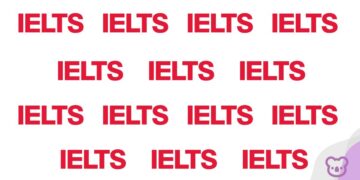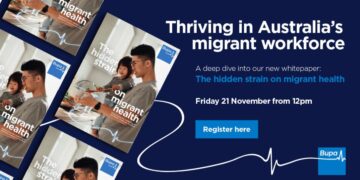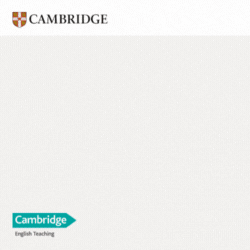Gen Z is falling behind on basic health checks, with a new national report revealing that the majority of young Australians are not keeping up with essential physical and mental health assessments — despite increasing risks to their wellbeing.
The 2025 Gen Z Wellbeing Index, released this week by youth engagement platform Year13 in partnership with Scape, has uncovered striking statistics: 90% of Gen Z respondents had not undergone a sexual health check in the past year, and just 6% had a skin check — despite rising rates of STIs and skin cancer among young Australians.
Based on a survey of over 3,000 young people aged 18 to 24, including more than 1,000 Scape residents, the research paints a concerning picture of youth disengagement from health care, with 40% admitting to not having had any kind of health check in the past 12 months.
“We’re seeing a real mismatch between the risks facing Gen Z and the actions they’re taking to protect themselves,” said Scape CEO Anouk Darling. “This isn’t just a health issue, it’s a cultural and systemic one. We need to make health literacy and access part of everyday life for young people.”
The data points to a deeper problem: while 55% of Gen Zs have accessed mental health therapy at some point, only 31% had a mental health check in the past year. A staggering 41% said they hadn’t had any health assessment at all — raising questions about access, affordability, and whether care is being prioritised in this age group.
Mental health concerns remain high across the board, with 55% of respondents reporting anxiety, 42% experiencing low self-esteem, and 34% dealing with depression. External stressors such as the rising cost of living (79%), housing affordability (68%), violence against women (59%), global conflict (54%), and the rise of artificial intelligence (42%) are also weighing heavily on young Australians.
However, the study also showed that the environment plays a key role in shaping outcomes. Scape residents — young people living in purpose-built student accommodation — consistently reported better results across key health and wellbeing indicators.
Notably, Scape residents were more than twice as likely to report excellent mental health (11% vs 5%), experienced lower rates of anxiety (37% vs 55%) and depression (18% vs 34%), and reported healthier sleep and nutrition habits. More than one in five Scape residents cook daily, compared to just 7% of their national peers.
“At Scape, we’re deeply invested in understanding and supporting the whole student,” Ms Darling said. “This research continues to validate our belief that the right environment – complete with wellbeing programs, nutrition support, and social connectivity – can change the trajectory of a young person’s health.”
Since launching the Gen Z Wellbeing Index in 2023, Scape has introduced a suite of initiatives including wellbeing education, mental health first aid training, and partnerships with Headspace to train staff in supportive conversations.
The 2025 findings highlight the need for more than awareness — calling for a cultural shift that normalises check-ups and health literacy in the same way social media trends dominate youth culture.
“We need to normalise check-ups and proactive care in the same way we encourage gym memberships,” Ms Darling said. “Staying on track with health should always be a priority. We just need to make sure Gen Z knows that – and has the tools to do it.”

















